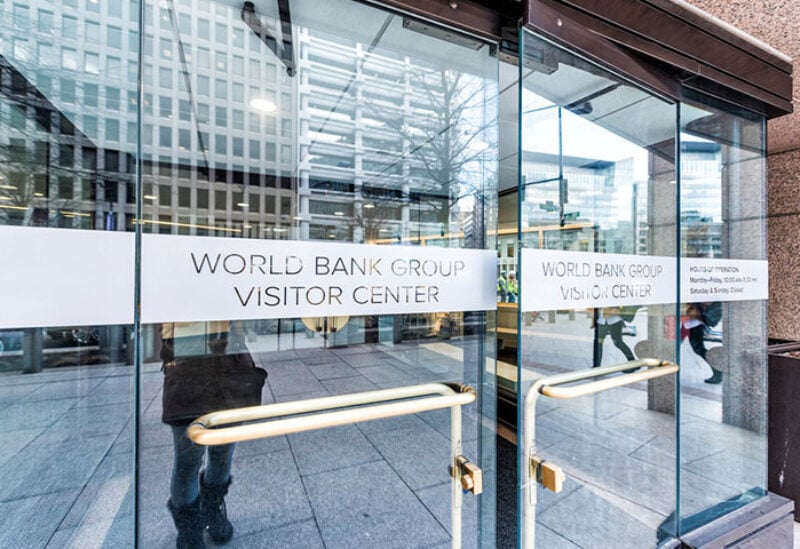
World Bank Group
Norway is pressing contributors to a World Bank-managed fund for Afghanistan to agree to a $280 million transfer to the World Food Programme and UNICEF, according to Foreign Minister Anniken Huitfeldt on Monday.
According to Reuters, the World Bank’s board of directors approved sending $280 million to UN agencies from the $1.5 billion Afghanistan Reconstruction Trust Fund (ARTF), which was suspended when the Taliban took over the Afghan government in August.
The move must be approved by the fund’s 31 contributors. According to a World Bank representative, ARTF donors met last Friday and agreed to make a decision within a week.
Huitfeldt told Reuters in a joint interview with UN Development Programme director Achim Steiner in New York that she hoped donors would sign off on the transfer and that Norway “encouraged” them to do so.
“We also reviewed the situation in Afghanistan at the NATO summit last week, and we encourage NATO members to continue to avoid a catastrophic economic or humanitarian collapse in Afghanistan,” she added.
Afghanistan is dealing with a dramatic decline in foreign development funding since the Taliban took control, a collapsing economy and financial system, the COVID-19 epidemic, and severe drought.
“If you don’t have enough food, you can’t educate your children, you can’t receive health care for your family, you have no reason to remain there anymore,” Steiner explained.
According to the UNDP, poverty might become practically universal by mid-2022, impacting more than 90 percent of Afghanistan’s 39 million inhabitants.
“We are at a very difficult phase between now and next year, with many Afghans on the edge of quitting up,” Steiner remarked.
A dilemma for the UN has been getting enough money into Afghanistan to assist distribute relief to millions of people on the verge of starvation while also preventing the collapse of the economy, health, and education systems.
“The level of finance that Afghanistan needs to mobilize, in one form or another, is substantially greater than anything the banking sector can handle right now.” “As a result, we are faced with a massive limitation,” Steiner explained.
It’s a problem that hasn’t been solved yet, according to Steiner.